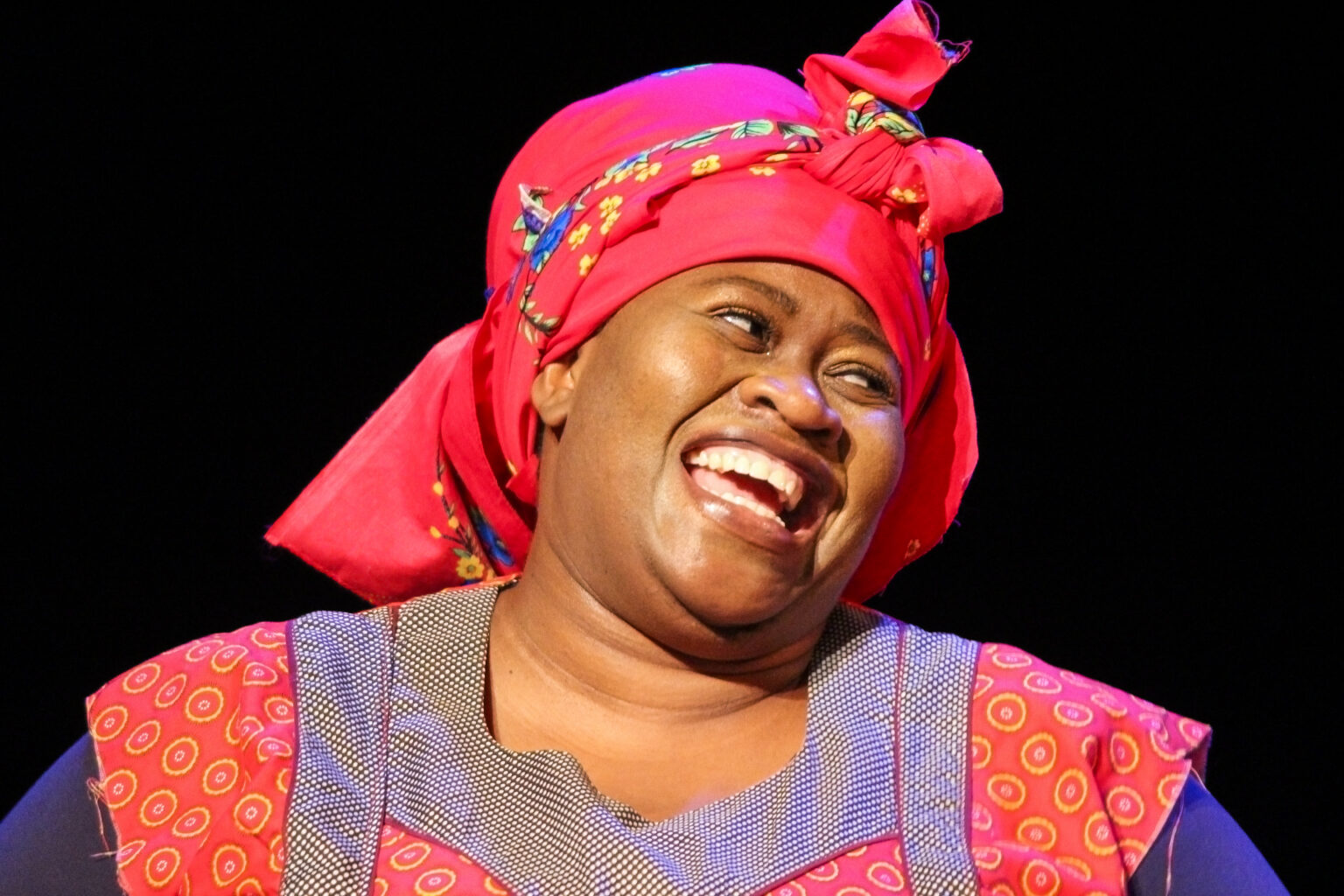By Malikhanye Mankayi
Many expectations are placed on a young African bride, especially by her inlaws. Customs and traditions dictate that she take care of the household and bare children. And before she can live with her husband, she has to live with her in-laws for a certain period of time.
Bonolo begins by transporting audiences to the ritualistic marriage preparations. The scene displays the Venda cultural process of ‘taking a bride’ during the bridal price negotiations.
By highlighting the expectations placed on a wife by her mother-in-law, the play delves into the relationship between Bonolo and her fiance’s mother. Their experience is heightened as the two women live together whilst Bonolo’s husband finds work in the City of Gold. The young bride is tasked with caring for the unkind elderly woman. She ridicules Bonolo for her struggle to conceive, and still longs for her son’s ex-partner.
The production also highlights the need for self-expression, especially in marriage, which breaks the cycle of abuse from in-laws. The themes explored in the play remain relevant as audiences seem to relate to it – whispering amongst each other, dissecting scenes – showing the brutal conditions young brides have to endure.
Overall, the play is worth watching, especially as it speaks to the overarching merging of traditional and contemporary marriage; where do we now stand?


